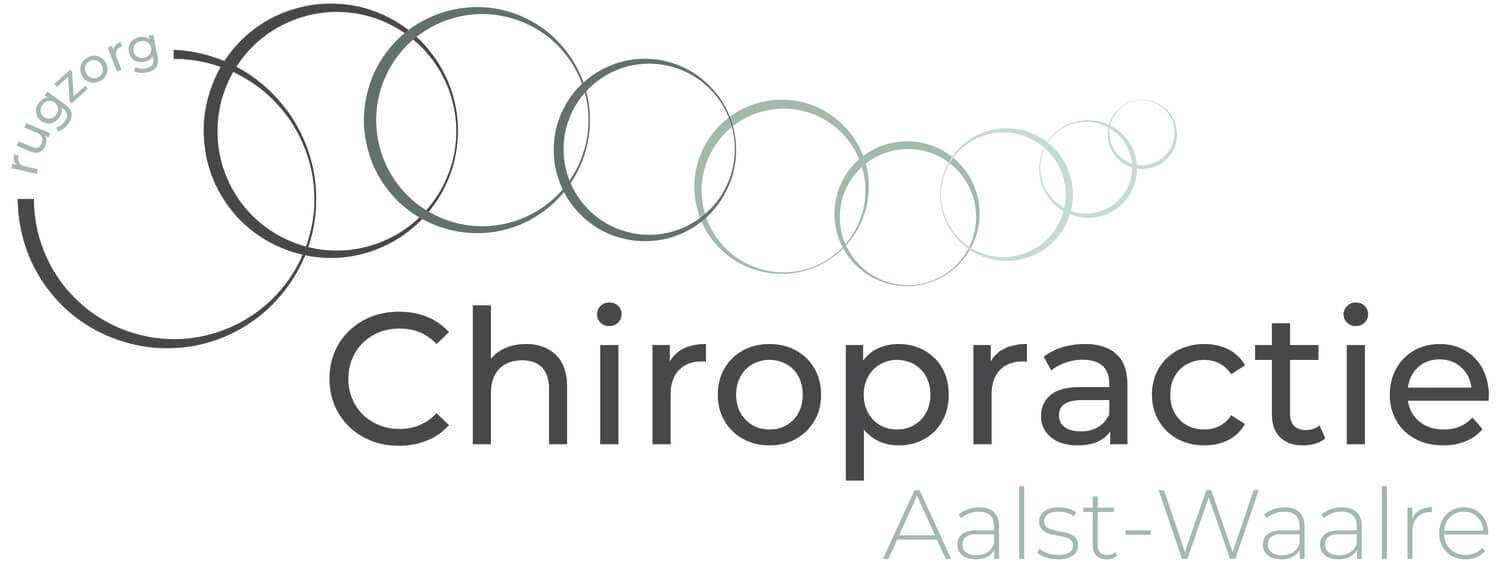
Dizziness & Tinnitus
Vertigo and Cervicogenic Hearing Symptoms – Chiropractic Treatment Explained
Spinning Sensation or Positional Dizziness (BPPV)
Dizziness can have many underlying causes, often originating in the inner ear (vestibular system), the neck, or the brain. One common and treatable form of dizziness is Benign Paroxysmal Positional Vertigo (BPPV) – a type of spinning dizziness caused by a dysfunction in the vestibular system of the inner ear.
BPPV typically presents as brief episodes of vertigo triggered by changes in head position, such as turning over in bed, bending forward, or sudden head movements. Each episode usually lasts less than one minute and, although unsettling, BPPV is harmless and highly treatable.
What Causes BPPV?
The vestibular system helps your body sense position and maintain balance. It consists of three semicircular canals filled with fluid and is located in the inner ear. In BPPV, tiny calcium crystals (otoconia) become dislodged and float within the canals. These crystals interfere with the normal flow of fluid, sending inaccurate signals to the brain and triggering dizziness.
Diagnosis & Chiropractic Treatment for BPPV
BPPV often develops spontaneously with age, but it can also be triggered by trauma, whiplash, sudden head movements, or inner ear infections.
At Chiropractie Aalst-Waalre, our chiropractors perform a detailed history intake and clinical tests to determine if your dizziness is caused by BPPV. If confirmed, a specific repositioning technique such as the Epley manoeuvre or Brandt-Daroff exercises can resolve symptoms in just a few sessions. These gentle head movements reposition the dislodged crystals to a part of the inner ear where they no longer cause vertigo — effectively restoring balance.
Tinnitus (Ringing in the Ears) and Hearing Pressure
Tinnitus refers to phantom sounds such as ringing, buzzing, hissing, or pressure in the ears. The sensation may be constant or intermittent and can vary in pitch and intensity. Tinnitus is often more noticeable in quiet environments, which is why it can severely disrupt sleep, concentration, and emotional wellbeing.
Tinnitus affects approximately 10–15% of adults, and around 1.5% experience it as severely debilitating.
What Causes Tinnitus?
Tinnitus may arise from:
Neck or jaw dysfunction
Ear infections
Certain medications
Ménière’s disease
Hearing damage or age-related hearing loss
Brain injuries
Vascular or nerve-related abnormalities
In this section, we focus on neck and jaw-related causes of tinnitus, which can often be addressed with chiropractic care.
Neck- or Jaw-Related Tinnitus (Cervicogenic Somatosensory Tinnitus – CST)
Up to 40% of tinnitus cases are believed to originate from issues in the cervical spine or jaw — this form is known as cervicogenic somatosensory tinnitus (CST).
Your central nervous system (brain and spinal cord) includes a network of nerves that carry signals related to movement, sensation, and body regulation. A specific part of this system — the somatosensory pathway — connects the neck to the brain, and research shows it also has crossover connections to the auditory system.
Due to this anatomical link, dysfunction or irritation in the neck or jaw can affect the auditory system and result in tinnitus symptoms. The good news is: this type of tinnitus is often treatable through chiropractic care.
Chiropractic Assessment & Treatment for Tinnitus
At Chiropractie Aalst-Waalre, we conduct a thorough consultation and physical examination to assess whether your tinnitus may originate from the neck or jaw. If a musculoskeletal origin is likely, we offer targeted chiropractic treatments to relieve tension, improve joint mobility, and reduce nerve irritation in the cervical spine and jaw area.
If further diagnostics are needed, we’ll refer you to the appropriate healthcare provider to help uncover the root cause of your symptoms.
